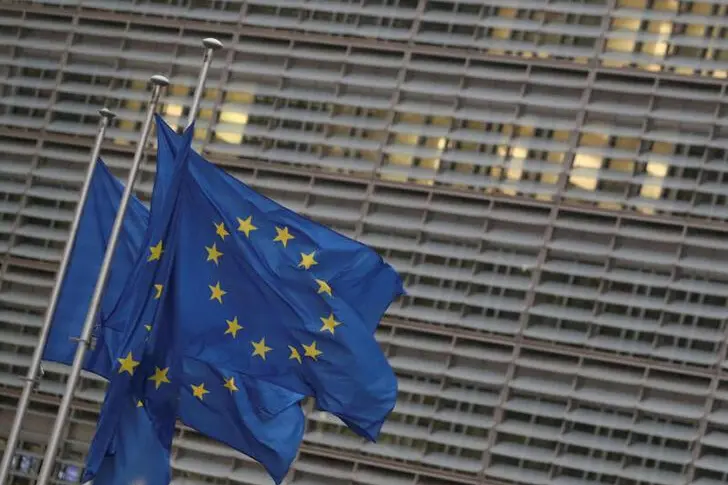PHOTO
BRUSSELS - The European Union is unlikely to agree on a reform of its fiscal rules this year and talks are likely to take up most of next year too, leaving the EU in a quandary over what framework to use in 2023 to cautiously reduce spending, EU officials say.
The rules, called the Stability and Growth Pact, limit government borrowing to protect the value of the common euro currency shared by 19 countries. They have been suspended since 2020 to give governments leeway to fight the COVID-19 pandemic.
With growth now back on track, the rules were to be reinstated from the start of 2023, though with changes that would acknowledge the EU's new economic realities - the high post-pandemic public debt and the need for huge public investment to fight climate change.
But the European Commission will only present its proposals on how to change the Stability and Growth Pact in June, officials said. That leaves only a few months after EU institutions return from the summer break to reach a deal on a very complex and politically sensitive issue.
"A complete revision of the Stability and Growth Pact is unlikely before the end of the year," said Markus Ferber, a member of the European Parliament's economic committee that will co-decide on the changes to the rules.
"You should expect the legislative process to take at least a year, likely longer."
(Reporting by Jan Strupczewski; Editing by Alex Richardson) ((jan.strupczewski@thomsonreuters.com; +32 2 585 28 64; Reuters Messaging: jan.strupczewski.reuters.com@reuters.net))





















